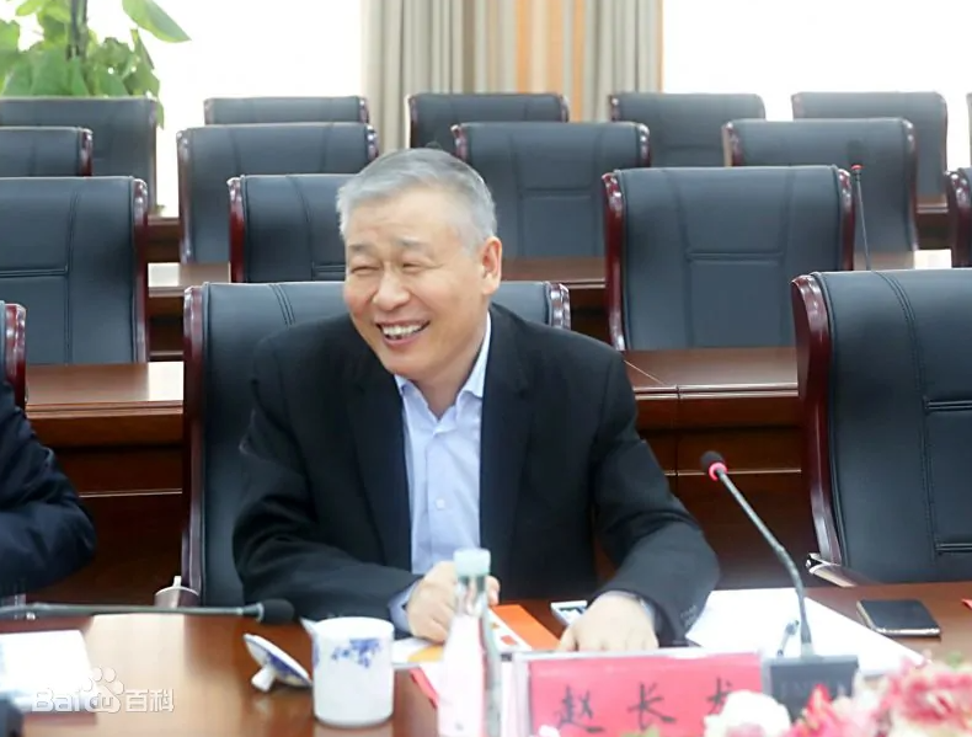
Hui Ka-yan steps down as chairman of Hengda as China Evergrande reshuffles its executive ranks in restructuring
- Hengda director Zhao Changlong was promoted to chairman of Evergrande’s mainland China property unit
- He also takes over from Ke Peng as Hengda’s general manager, according to information by the National Enterprise Credit Information Publicity System
Hengda director Zhao Changlong was promoted to chairman of Evergrande’s mainland China property unit. The executive will also take over from Ke Peng as Hengda’s general manager, according to information by the National Enterprise Credit Information Publicity System (NECIPS), a state-owned credit data portal.
Evergrande’s stock fell 4.3 per cent to HK$5.29 while the shares of the China Evergrande New Energy Vehicle subsidiary dropped 5.1 per cent to HK$12.62, and Evergrande Property Services Group plunged 8.7 per cent to HK$6.42 in Hong Kong. A Shanghai-traded Evergrande bond maturing in July 2022 closed 16 per cent lower at 33.92 yuan compared with its face value of 100 yuan, while another maturing in January 2023 fell 4.6 per cent in Shenzhen to 58 yuan.
“Confidence in the company is fragile and are sensitive to any move of the company and are worried whether Hui will not take care of the business after stepping down as the chairman,” said CGS-CIMB‘s property analyst Raymond Cheng, who recommended that investors “add” the stock as of April 1, with a target price of HK$20.10.

Evergrande first mooted a reorganisation plan in 2016 with Shenzhen Special Economic Zone Real Estate & Properties Group (Shenzhen Real Estate), which involved selling Hengda to equity control in Shenzhen Real Estate. The plan to engineer a back-door listing for Hengda was terminated last year after a costly four-year pursuit of the state-backed developer.

An Evergrande spokesperson described the changes in executives as “a normal personnel change” with “no impact to the management structure or the shareholding change,” pointing out that Zhao had been Hengda’s chairman and general manager when the company was preparing for its A-share listing in 2017.
“We do not expect Hui to step down as the chairman [of Evergrande] as it would be very negative to the company that is going through a restructuring now,” said Cheng of CGS-CIMB. “It is on the right track as it tries to sell shares and assets to pare debt.”

It managed to slash its interest-bearing liabilities to 570 billion yuan, and trimmed its net debt-to-equity ratio to less than 100 per cent, Evergrande said in its June 30 press statement.

